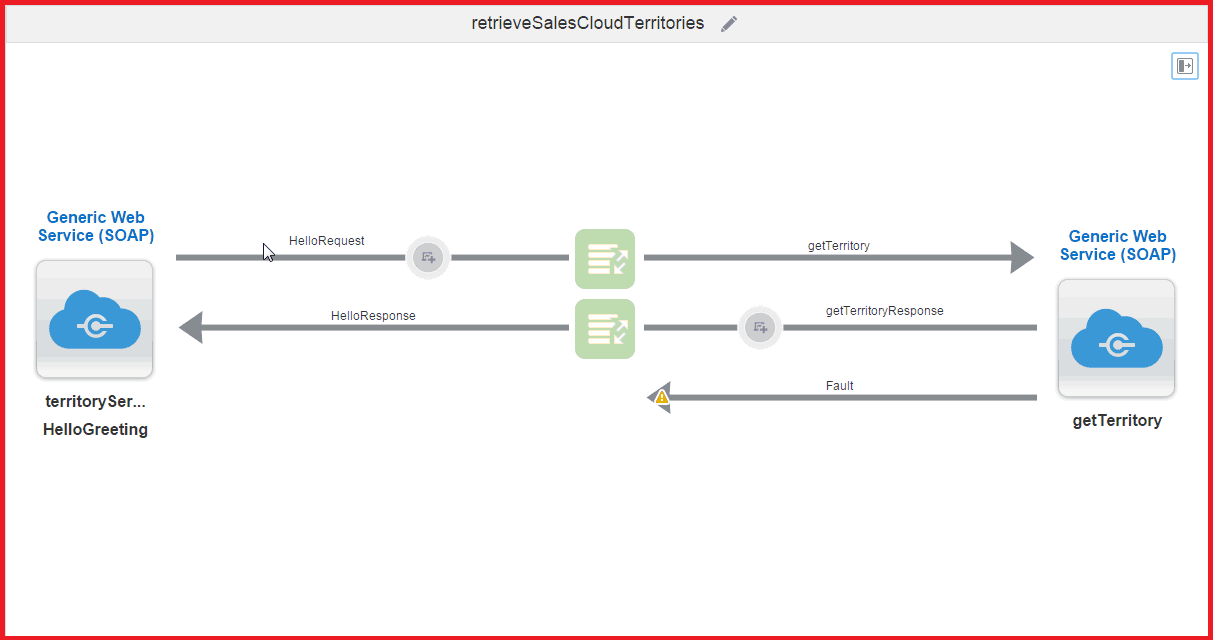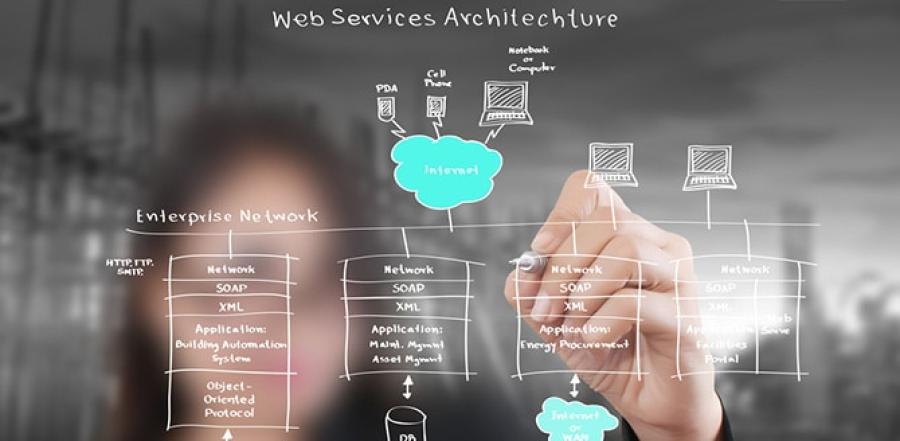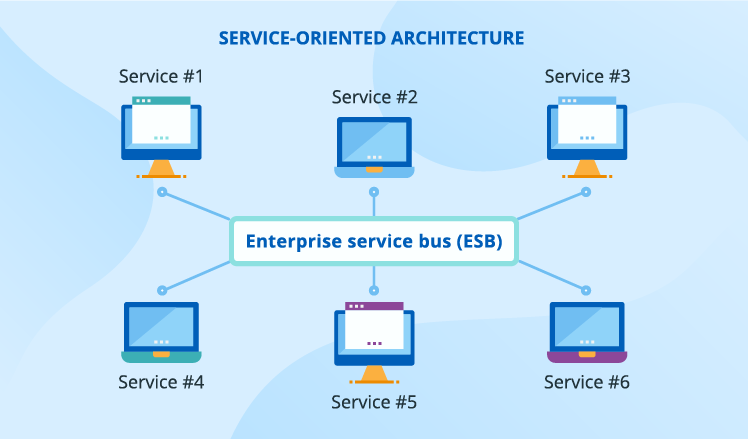Introduction: Understanding SOAP and Enterprise Application Integration
SOAP (Simple Object Access Protocol) plays a vital role in enterprise application integration (EAI) by facilitating seamless communication between disparate applications and services. In today’s increasingly connected world, businesses need efficient ways to share information and process data between various systems. EAI is the solution, and SOAP has emerged as a preferred protocol for web service communication. Learn more about SOAP and its role in EAI here.
SOAP: A Brief Overview
SOAP is an XML-based messaging protocol designed to facilitate communication between web services over a network. It uses a standardized format for exchanging messages and can operate over various transport protocols, such as HTTP, SMTP, and more. SOAP is platform-agnostic, enabling seamless communication between applications built on different platforms and programming languages. Discover the fundamental concepts of SOAP here.
Advantages of Using SOAP in EAI
Interoperability: As a platform-agnostic protocol, SOAP allows for seamless integration between applications and services developed using different technologies. This flexibility simplifies the integration process and reduces the need for costly custom solutions.
Security: SOAP offers built-in security features, such as WS-Security, which provides message-level security for protecting sensitive information. These features make SOAP a suitable choice for enterprise environments where security is a top priority. Learn more about SOAP security features here.
Reliability: SOAP’s support for message reliability and transaction management ensures that messages are delivered accurately and consistently. This reliability is crucial in enterprise environments where data integrity is vital.
Standardization: SOAP is based on well-established standards, such as XML and HTTP, which fosters widespread adoption and compatibility across the industry. The use of standardized protocols simplifies integration efforts and reduces long-term maintenance costs.
Implementing SOAP in EAI: Best Practices
Choose the Right Transport Protocol: When implementing SOAP, it’s essential to select a transport protocol that aligns with your organization’s specific requirements. HTTP is the most common choice, but other options like SMTP might be more suitable depending on your needs.
Define Clear Interfaces: Clearly defined interfaces are crucial for seamless integration. When designing SOAP services, establish concise and well-documented interfaces to ensure efficient communication between applications.
Error Handling: Robust error handling is essential for maintaining the stability of integrated systems. Implement thorough error handling mechanisms in your SOAP services to prevent disruptions and ensure smooth operation.
Monitor and Optimize Performance: Regularly monitor your SOAP-based EAI to identify potential bottlenecks and optimize performance. Fine-tuning your integration strategy ensures that your enterprise systems remain agile and responsive.
Conclusion: SOAP’s Role in Enterprise Integration Success
SOAP has proven to be a reliable, secure, and efficient protocol for enabling enterprise application integration. Its flexibility, interoperability, and adherence to industry standards make it a valuable tool in the world of EAI. By understanding the role of SOAP in EAI and following best practices, businesses can effectively streamline their processes, improve information exchange, and enhance overall efficiency. For more information on implementing SOAP-based EAI solutions, check out this resource.





